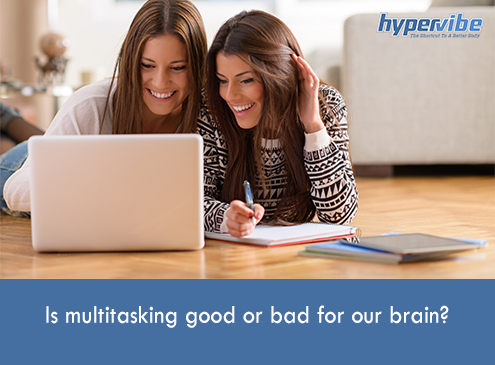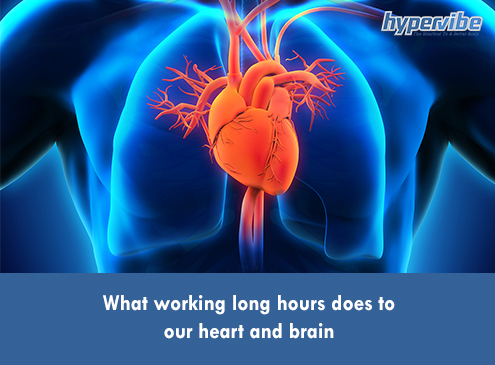MIT professor of neuroscience Earl Miller says that people are deluding themselves when they say they can multitask. “Switching from task to task, you think you’re actually paying attention to everything around you at the same time. But you’re actually not”, explains the scientist. When you’re trying to perform two tasks at once, the same parts of the brain have to be used, so the tasks compete for them and the result is interference.
If you try to answer the phone while writing an email, your brain struggles to perform only one of these tasks, because they both require the same brain areas. And the interesting part is that scientists can actually see the brain struggling, according to the MIT researcher.
Daniel Weissman, a neuroscientist from the University of Michigan, used MRI scanners to test the brains of subjects while they were taking on different tasks, and discovered that the brain has to pause before switching to another task. According to Weissman, simple tasks can overwhelm the brain when there’s too much information and we try to do too many things at once.
Although most of the available research indicates that multitasking is not beneficial for focus and attention, there are also some studies that suggest that switching from one task to another can have some positive effects, such as improving the ability to integrate information from multiple senses.
Chinese researchers Kelvin Lui and Alan Wong published a study that explored the differences between multitaskers’ tendency and ability to capture information from irrelevant sources. The researchers tested two groups, assessing how much the frequent multitaskers, respectively the light multitaskers, could integrate visual and auditory information automatically.
On average, participants received information from three media sources at once, and results showed that individuals who multitasked the most tended to be more efficient at multisensory integration than light multitaskers. Heavy multitaskers performed better in those tasks where an audio tone was present, but worse in those tasks without the audio tone.
To sum it up, the preponderance of studies indicate that we tend to perform better when we solve one task at a time, so if your productivity has decreased lately and you find yourself unable to focus or to come up with solutions, it may be a good idea to check your multitasking habits.















